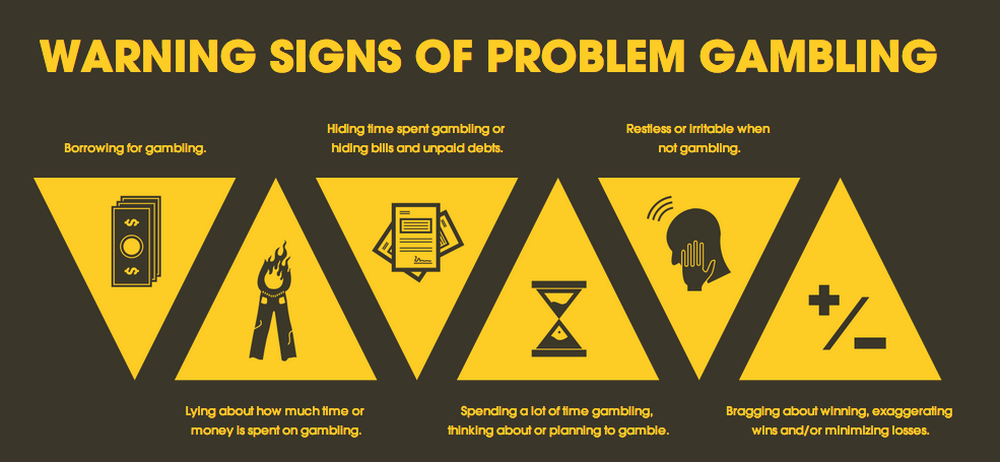

Understanding the Line Between Fun and Problem
A simple ten-question quiz designed to shed light on your gambling habits. Answer each question honestly by choosing ‘Yes’ or ‘No’ to understand if it’s time to consider changes or seek support for your behavior.

It starts with a flutter, a thrill, a belief that this time could be *the* time. For many, gambling is entertainment, a night out, a bit of excitement. But for some, that initial spark can smolder and eventually ignite into something that feels uncontrollable, something that takes more than it gives. If you're reading this, maybe you've felt that shift yourself, or you know someone who has. This isn't about judgment; it's about looking honestly at something that can become a serious problem, and how you can start to understand if it's affecting you.
Gambling addiction, often called problem gambling or compulsive gambling, isn't just about losing money. It's a complex issue that affects a person's brain, their relationships, their work, and their overall well-being. It’s less about a lack of willpower and more about a change in how the brain processes risk and reward. That chase for the win, or the desperate need to recoup losses, can become incredibly powerful.

These are just a few signs that gambling might be moving from a harmless pastime to a real problem. It can start subtly, perhaps with bigger bets or more frequent trips to the casino or online site. Over time, the need to gamble can intensify, making it harder and harder to stop, even when the consequences are stacking up.
Okay, so you've read those points, and maybe some hit a little close to home. What now? One of the most powerful things you can do is simply get a clearer picture of where you stand. That's where a gambling self-assessment comes in.
Think of it like a check-up, but for your gambling habits. It’s not a diagnosis from a doctor, and it’s not someone telling you you have a problem. It's a tool for *you* to use, privately and honestly, to evaluate your own behavior. It’s a way to ask yourself some direct questions and see what the answers reveal.
It can highlight patterns you might not have consciously recognized.
It can give you an idea of how much gambling is impacting different areas of your life.
Most self-assessments are anonymous and can be done online or on paper by yourself.
Gambling self-assessments vary, but they generally cover similar ground, exploring different facets of your gambling behavior and its impact. Here’s a taste of the types of questions you might encounter:
| Area of Life Affected | Example Questions |
|---|---|
| Gambling Behavior | Have you ever felt the need to bet increasing amounts of money? |
| Have you tried to control, cut back, or stop gambling without success? | |
| Do you spend a lot of time thinking about gambling (past experiences or future plans)? | |
| Impact on Life | Has gambling ever caused problems in your relationships? |
| Has gambling ever negatively affected your work or school performance? | |
| Have you ever had to lie to people important to you about your gambling? | |
| Feelings & Thoughts | Do you gamble to escape from worries or problems? |
| Do you feel guilty or remorseful after gambling? | |
| Do you feel restless or irritable when you are unable to gamble? |
These questions are designed to get you thinking honestly about your relationship with gambling. There are usually no "right" or "wrong" answers. The goal is simply to reflect on your experiences.
A simple ten-question quiz designed to shed light on your gambling habits. Answer each question honestly by choosing ‘Yes’ or ‘No’ to understand if it’s time to consider changes or seek support for your behavior.

Finding a self-assessment is easy – a quick online search for "gambling self-assessment" will bring up various options from reputable organizations dedicated to problem gambling support. Choose one that feels comfortable to you.
When you take it, try to be as honest as possible with yourself. There’s no one looking over your shoulder. The results are just for you.
What happens after you complete it? The assessment will typically provide some feedback based on your answers. It might suggest that your gambling appears to be:
Seeing these results isn't about being labeled. It's about getting a clearer picture. If your results indicate moderate to high risk, it doesn't mean you're doomed or that life is over. What it means is that it might be time to think about making some changes and that support is available if you want it.
Taking a self-assessment is a brave step. It's acknowledging that something might be off and taking the initiative to understand it better. If the results raise concerns, remember that reaching out for help is a sign of strength, not weakness. There are many resources available, from helplines to counseling services, specifically designed to support people who are struggling with gambling. You don't have to figure it out alone.
1-800-GAMBLER
800GAM
CHAT ONLINE